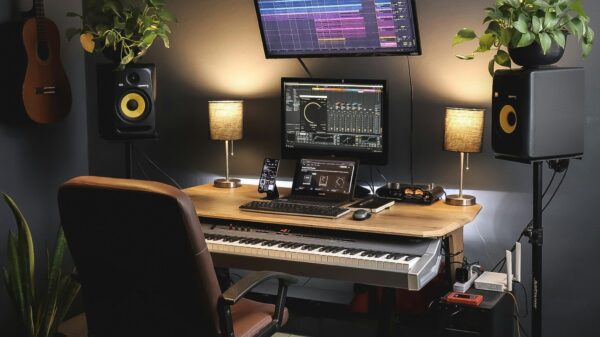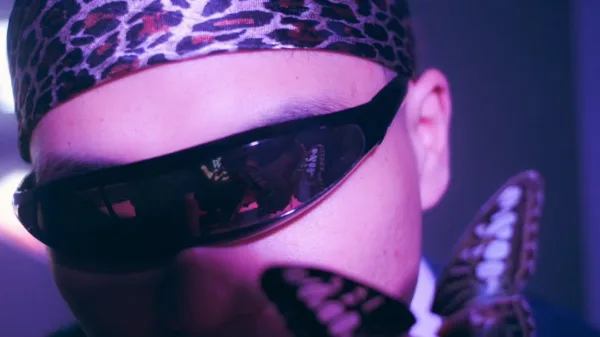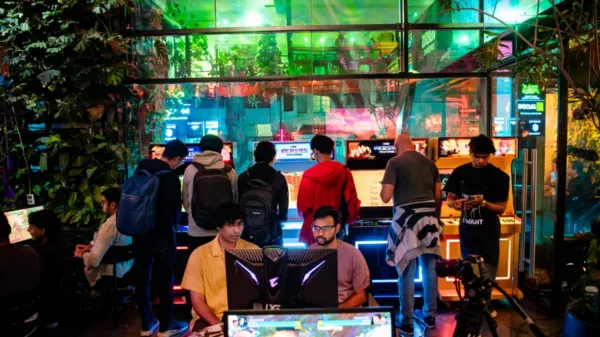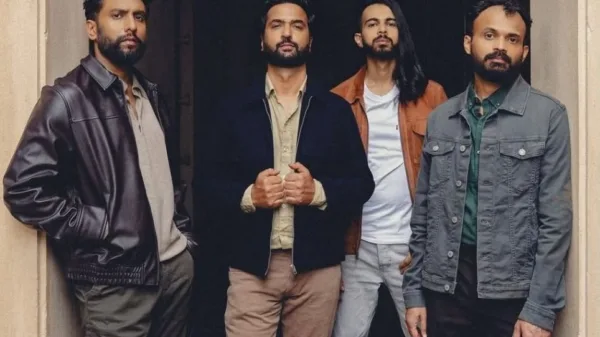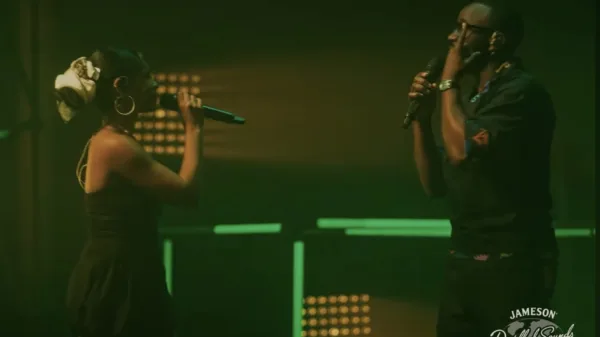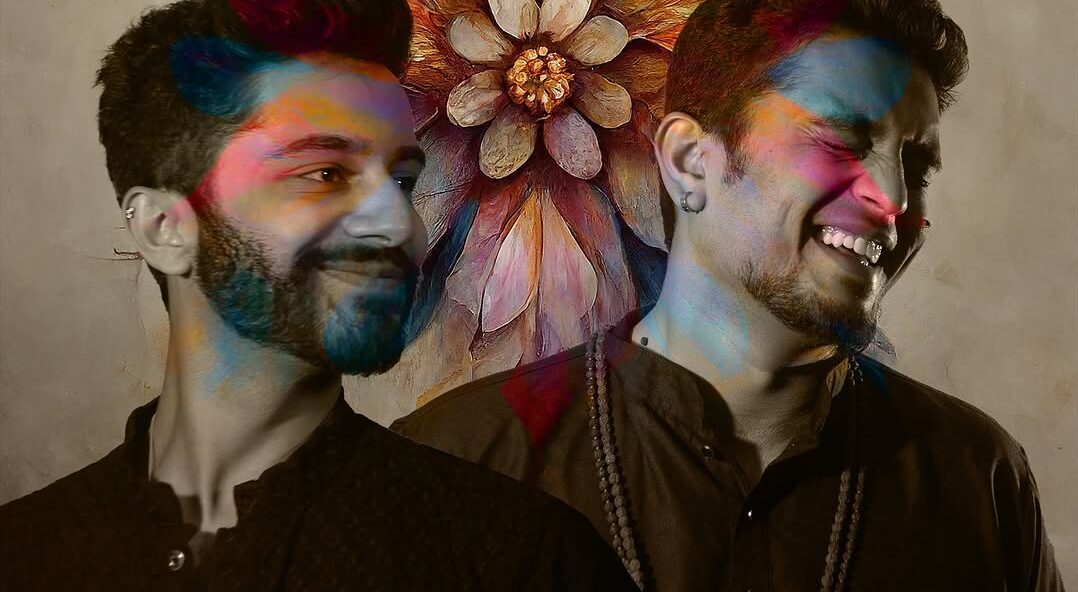Reeshabh Purohit and Shivaraj Nataraj’s new EP, Ananta, is a four track, 23 minute long EP that is a synthesis of a few HIndustani classical compositions with beatboxing. Based on the four ragas – Lalit, Yaman, Bhimpalasi and Malkauns (also stylized as Malkosh). The EP is interesting from the first glance, with its combination of the two artistes’ art forms and a wonderful mix of instruments that they manage to bring in.
More Ghar Aaye, the opening track is a firm statement, firstly to Purohit’s vocal prowess. He is sharp, and proficient, and while you can hear the setup for the rest of the album – this is the one track where you hear his voice as the singular element in the spotlight, and it shows his careful technique. The last 35 seconds also has wonderful vocal layering, with somewhere around the 3:44 mark that it almost gains a slight choral quality, and Nataraj’s beatboxing adds to the harmonic quality of it. It is impressive, personally, because I do enjoy every working and reworking of any khayal. The following track, Waari Waari, features Warren Pettey on piano and Gaspard Gabriel on bass. Nataraj, by now, has solidified himself into the percussion line. While the piano lends a whimsical tonality to the track, sometimes binding it together and sometimes disorienting it altogether, however being careful enough to not unravel it altogether. This track is a reworking of the bandish they had presented as a part of Two Track Live at Berklee, with Purohit now not only going head to head with Nataraj’s beatboxing, but also Pettey’s piano and Gabriel’s bass.
The third track on the EP, Ja Ja Re, which works with the Bhimpalasi Raga, has Mario Salvador on the cuban tres. For the most part, the track works – the cuban tres and Purohit’s vocals go well together. However, the track also features a lot of electronic elements that do not really fit in. This is not a discouragement of the electronica, but the lack of full immersion in it. At some points in the track, it sounds like it is there on the track only to further its experimental identity, instead of contributing to its sonic landscape as a whole. A few distortions of Purohit’s vocals with some implementations of bass might have helped the whole thing sound not so anomalous. Otherwise, the cuban tres incorporation does mesh well into the track.
The last track, which has Mehrpouya Daneshwar and Inesh Krishnamurthy on the clarinet and bass respectively is titled Tarana – Malkauns. This 7:52 minute long song has its clarinet perhaps as the star, as it goes very well with Purohit’s vocals. This has to be one of my favorite renditions of the Tarana in Malkauns, although one wishes that Nataraj’s beatboxing was a little more powerful, because usually performances of the Tarana in Malkauns feature a prominent presence of the tabla. While Nataraj’s presence does grant the track structure, it is a slightly brittle one.
Overall, the EP works, but leaves you wishing for more – it does sound a little rushed as a project. Purohit, Nataraj, and all creatives involved in the creation of this project are all seasoned artists, and one can immediately tell their calibre without much of a second thought. It therefore leaves you yearning for more, considering the record is named Ananta, and its experimentation in limitlessness could go further.














